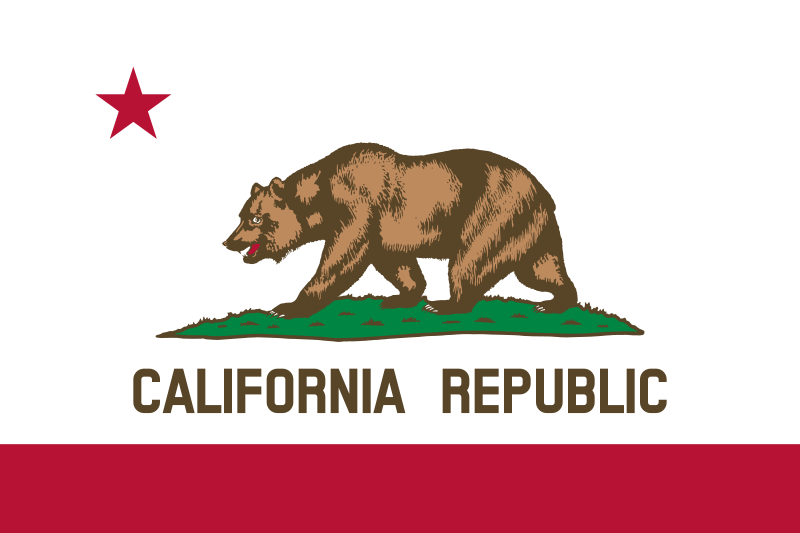In California, two recent actions have involved local ballot measures proposing voter ID requirements. In Shasta County, a citizen-initiated charter amendment addressing voter ID and other election administration policies qualified for the June 2, 2026, ballot. In Huntington Beach, a state Court of Appeal ruled that a voter-approved charter amendment requiring voter ID violated state law.
Shasta County, California
Voters in Shasta County, California, will decide on a citizen-initiated charter amendment that would add several election and voting policies, including voter ID, to the Shasta County Charter. On Nov. 6, the Shasta County Board of Supervisors approved a resolution to place the initiative on the June 2, 2026, ballot.
The citizen-initiated charter amendment is the first in Shasta County, which became the state's 15th charter county on Sept. 12, 2025. Voters approved a ballot measure for the charter on March 5, 2024.
The charter amendment would require that elections be held in-person on a single day, except for absentee voters; require voters to present a photo ID when voting in person; limit who can cast an absentee ballot to "the infirm, military, and U.S. citizens living overseas;" require that all ballots be hand-counted at the precinct level; and require the county to maintain voter rolls on a computer not connected to the state or any third party, among other changes.
In March, County Counsel Joseph Larmour filed a complaint in Shasta County Superior Court, arguing that the ballot initiative was unconstitutional. Supervisor Chris Kelstrom said the litigation was filed because "[o]ur county counsel has a bound duty to write a summary of this and to get it onto a ballot. He cannot ethically write that summary because it would be misleading the public in thinking that somehow we can put something on our charter and ignore state and federal laws. So the lawsuit is basically seeking relief to not have to write that summary." Superior Court Judge Benjamin Hanna rejected the county's request for an expedited decision, stating, "This is too important of an issue for the court to make a decision on an expedited basis." Laura Hobbs, who co-sponsored the ballot initiative, said, "We felt that we were being targeted politically, and that was an intimidation tactic, and fortunately it did not succeed today." On March 21, the Board of Supervisors dropped the complaint, and the county allowed the signature drive to begin.
Supporters of the ballot initiative filed 10,110 signatures. At least 6,852 needed to be projected as valid based on a random sample. The sample projected that 8,695 signatures were valid.
After the ballot measure was certified, Clint Curtis, the Shasta County Registrar of Voters, said, "The courts will decide, and this office will follow whatever they decide. This petition is no more illegal than any other petition that is put on the ballot. It will generate legal action as most new laws do. In this case, it is likely to be a little messier."
Huntington Beach, California
On November 3, 2025, the California Fourth District Court of Appeal ruled that a provision of Huntington Beach Measure 1, which required voter identification for elections, violated state law. The ruling stated, "In recent years, a vigorous nationwide debate has arisen over whether voters should be required to present identification at the polls to vote. We are not called upon to resolve this debate. Instead, this case presents us a much narrower, simpler question: Is voter identification a matter of 'integrity of the electoral process,' which our Supreme Court has held is a matter of statewide concern, whether presented in statewide or local elections? We conclude it is, and that as a result [SB 1174] preempts section 705, subdivision (a)(2) of the Huntington Beach City Charter, which purports to permit Huntington Beach to require voters to present identification to vote in municipal elections."
Senate Bill 1174 was designed to prohibit local governments from passing laws to require people to present identification to vote. Gov. Gavin Newsom (D) signed the bill on September 29, 2024. In the state Senate, the vote was 30-8. In the state Assembly, the vote was 57-16. Democrats supported, and Republicans opposed, the legislation.
Additional reading:



